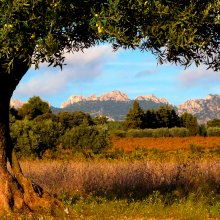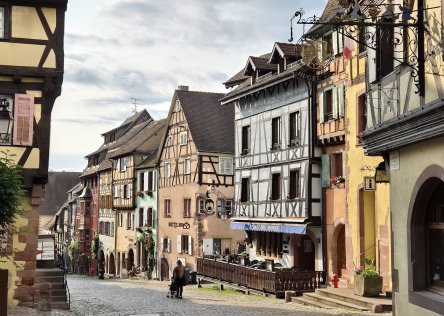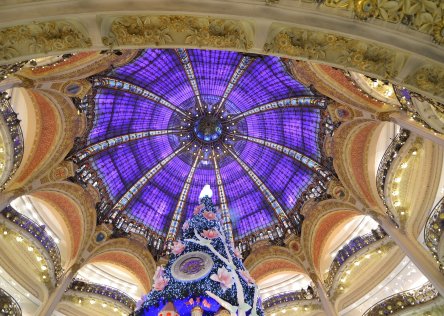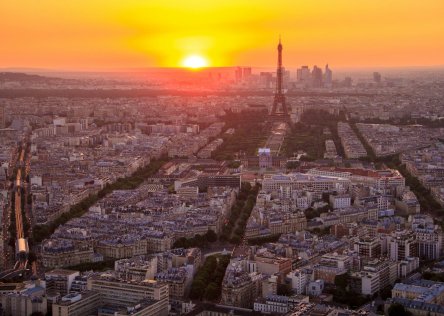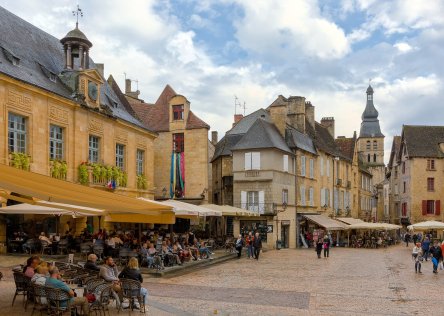Not only does France have its secrets and hidden beauty, the French language is a journey in itself, where you can get lost even more easily as you try to solve its mysteries.
Some examples of these mysteries come to my mind:
'X' or 'S' for plurals and names?
For instance the famous Loire Valley “castles” is quite difficult to write correctly. Indeed, the French word “château” is written with a “^” (i.e. accent circonflexe) on the first “a“, which is a reminder of the former “s” that used to exist in old French, where château was written “castel” - very similar to the modern English word.
The plural of the word “château” takes an “x” instead of an “s”, which is usually added to regular plurals. The same applies to the word “plateau”: we talk about the rugged limestone plateau of the Perigord region.
Some names also always take a final “x”, while others don’t. Bordeaux ends in “x”, but Chenonceau castle (the famous one almost crossing the Cher river) doesn’t.
It reminds me of a motto we used to learn at school to know which words ending in “ou” would take a “x” in plural form:
“si vous mangez des choux à genoux sur des cailloux avec vos bijoux et vos joujoux vous deviendrez des hiboux plein de poux!”
This roughly translates as: “if you eat cabbage whilst kneeling on rocks with your jewelry and toys, you will turn into an owl full of lice!”. (This also demonstrates the complexity of English plurals, I believe!)
'du' or 'de la'?
There are many things to say about the Loire Valley: we write “la vallée de la Loire”, and not “la vallée du Loire”. Indeed “Loire” is a feminine noun, and “de” before a feminine noun remains “de”. On the contrary, “de” before a masculine noun becomes “du”: we write “les châteaux du Périgord”, and not “les châteaux de le Périgord”.
Fun facts about the spelling of French regions
- The Loire is the longest river in France. It originates in Massif Central and ends up in St Nazaire on the Atlantic coast, close to Nantes where we live. Therefore when we speak about “la Loire”, we're talking about the whole river. When we speak about “la vallée de la Loire”, we mean the Loire Valley region, where you can find the famous châteaux, roughly between Orléans and Angers, with Touraine and Tours in between.
- Ah the French Riviera… there is only one thing to say about it in French: the correct way to write it is “la Côte d’Azur”. Any other way is wrong (people can be very imaginative when it comes to spelling this region!): "cote a zur", "cote azur", "cote de azur", "cote d’azure", "cote da zur", "cot de azur", "cote de zur": all wonderfully creative but unfortunately incorrect spellings!
- Close to the French Riviera is Provence and its hilltop villages. Provence is written with an “e”, and not an “a” as I have sometimes seen it written (Provance - incorrect!).
- Another French peculiarity is the “ç” (we call it 'c cédilla' in French). You'll see it in the adjective “provençal”: enjoy a typical provençal meal! This “cédille” means the sound of the consonant 'c' will be [s] instead of [k]. So we don't say /provenkal/ but /provensal/.
Stay tuned, more of these language specificities to come in the blog in the near future!!! We also include plenty of French language tips in the France Just For You travel guidebook that we write for every tour!



